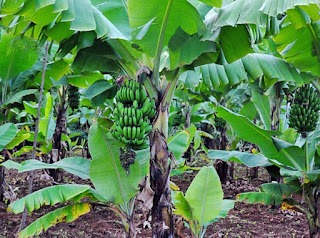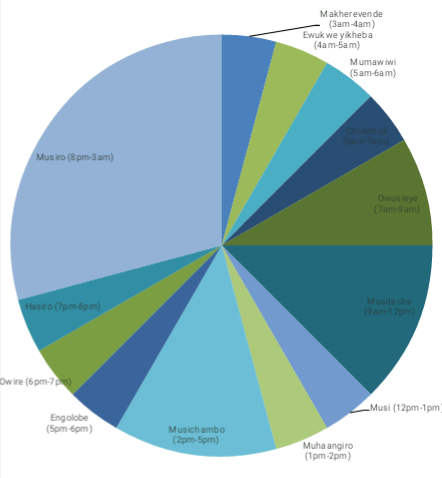ABANYALA BA KAKAMEGA: Authentic Similes among Abanyala.

Similes are part and parcel of speech by the Abanyala ba Kakamega. They are so important that children have to learn them as part of children games called engacho (jokes). At times, similes are common as part of verbal scolding or verbal-game of scolding. The following are some of the major examples: Okhuangua churuchuru nga ekata. Okhuba nende amakesi mangi nga namususuni. Namususuni Okhuba nende amalasire mabi nga esusi. Okhuba nende embalikha nga mwalikhwang'ene. Okhuba nende esileka nga okutiatiasi Okhuba nende esinani nga embungamasi. Okhuba nende esinani nga oluchwasi. Okhuba nende esiniakirisi nga walunabe. Okhuba nende oluseresi nga akhatwaywa. Okhuba nende oluseresi nga esimbikhira Okhuba nende omwoyo mulahi nga amachi. Okhuba omuchi nga ekongolio. To be cowardly like a milipede Okhuba omuchwanda nga akhamuna. To be cunning like a squirrel. Okhuba omunyerere nga engira- to be thin like a path. Okhuba omwerere nga mukhuchwi khwa embwa. Empty like the i...

